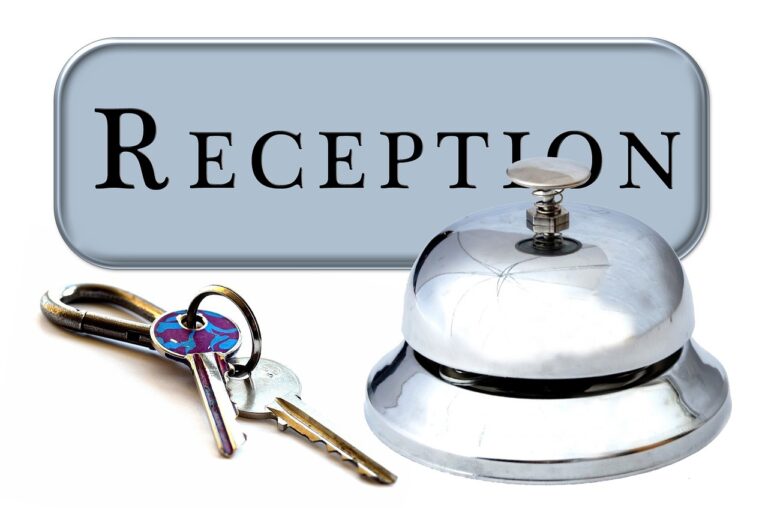How to Manage Finances During a Student Exchange Program: Diamond exchange, Sky99exch com login, Www.reddy book.club login
diamond exchange, sky99exch com login, www.reddy book.club login: Studying abroad is an exciting opportunity to explore new cultures and gain valuable educational experiences. However, managing finances during a student exchange program can be challenging. From budgeting for travel expenses to navigating currency exchanges, there are several factors to consider when planning your finances for an extended stay abroad. In this blog post, we will provide helpful tips on how to manage your finances during a student exchange program.
Planning Your Budget
Before embarking on your student exchange program, it’s essential to create a comprehensive budget that outlines all your anticipated expenses. Start by calculating your fixed expenses, such as tuition fees, accommodation, and insurance. Then, estimate your variable expenses, including food, transportation, and leisure activities. Be sure to account for unexpected costs, such as medical emergencies or flight delays.
Setting up a Savings Plan
To finance your student exchange program, consider setting up a savings plan well in advance. Start by identifying areas where you can cut back on expenses, such as dining out or shopping for unnecessary items. Additionally, look for part-time job opportunities or scholarships to supplement your savings. Saving money before your exchange program will help alleviate financial stress and allow you to enjoy your time abroad.
Using Student Discounts
As a student, you are eligible for a variety of discounts on transportation, accommodations, and attractions. Take advantage of student travel cards, such as the International Student Identity Card (ISIC), to save money on flights, trains, and buses. Many museums, restaurants, and tour operators also offer discounted rates for students. Be sure to carry your student ID with you at all times to access these savings.
Monitoring Currency Exchange Rates
Fluctuating currency exchange rates can significantly impact your budget while studying abroad. Keep a close eye on exchange rate trends and consider exchanging money when the rate is favorable. Avoid exchanging currency at airports or tourist areas, as they often charge higher fees. Instead, use reputable banks or currency exchange offices to get the best value for your money.
Creating a Contingency Fund
Unexpected expenses can arise during your student exchange program, such as medical emergencies or lost luggage. To prepare for these unforeseen circumstances, consider creating a contingency fund. Set aside a portion of your budget as a safety net to cover unexpected costs without disrupting your travel plans. Having a contingency fund will give you peace of mind and ensure a smooth experience abroad.
Managing Credit and Debit Cards
Before departing for your student exchange program, notify your bank of your travel plans to avoid any disruptions in using your credit or debit cards abroad. Check for foreign transaction fees and ATM withdrawal charges to minimize additional costs. It’s also a good idea to carry multiple payment methods, such as cash, cards, and traveler’s checks, to ensure you have access to funds at all times.
FAQs
Q: How can I save money on accommodations during my student exchange program?
A: Consider options such as homestays, shared apartments, or university dormitories, which are often more affordable than hotels or private rentals.
Q: What should I do if I encounter financial difficulties during my student exchange program?
A: Reach out to your university’s international student office or financial aid department for support and guidance on managing your finances.
Q: Are there any resources available to help me budget for my student exchange program?
A: Yes, many online tools and apps, such as budgeting calculators and expense trackers, can help you plan and monitor your finances while studying abroad.
In conclusion, managing finances during a student exchange program requires careful planning and budgeting. By following these tips and staying proactive about your expenses, you can make the most of your time abroad without breaking the bank. Safe travels!







